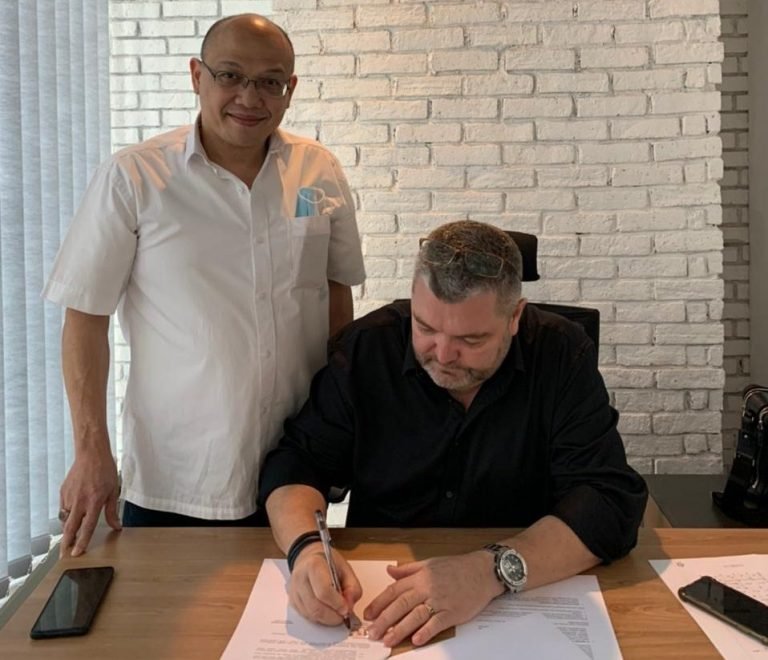The Global Minimum Tax Rule, effective in 2025, is one of the changes in global tax regulation that forces countries like Indonesia to change their policies.
This rule imposes a minimum of 15% on the profits of multinational companies, irrespective of where they operate. Indonesia is offering tax incentives to businesses, especially for SMEs, as part of its response.
These incentives seek to cushion the burden brought about by new global tax rules while at the same time stimulating business and foreign investment.
It is expected that the granting of these Indonesian tax incentives for businesses will improve competitiveness and create a better environment for local enterprises to prosper.
What is the Global Minimum Tax Rule?
The Global Minimum Tax Rule mandates that multinational companies pay a minimum tax of 15% of their profits, regardless of the country where they reside.
Starting in 2025, the new rule aims to prevent companies from shifting money through low-tax jurisdictions to minimize their overall taxes.
Ultimately, the introduction of these global tax rules will ensure fairer contributions from large corporations, making tax avoidance more difficult, and promote a fairer international tax system.
Indonesia’s Response to the Global Tax Rule
In light of the Global Minimum Tax Rule, Indonesia is set to introduce a range of tax incentives to assist companies, particularly in anticipation of the global tax regulations coming into effect by the end of 2025.
To mitigate the effects of the minimum tax rate of 15%, the government plans to provide additional benefits for investors, including small and medium-sized enterprises (SMEs).
“Regarding the global minimum tax (GMT) agreement, which, according to the Ministry of Finance’s PMK (Minister of Finance Regulation), will apply by the end of 2025, we need to be ready to offer additional incentives. However, we should not overlook the tax holiday facilities,” said Andi Maulana, Expert Staff at the Ministry of Investment, during the 100 Indonesian Economists Forum on Tuesday (3/12), as reported by Kontan
The government has approximately a year to finalize these strategies, ensuring they remain attractive and competitive for foreign investors.
The Impact of Tax Incentives on Indonesian SMEs
The Indonesian government’s introduction of tax incentives aims to have a substantial impact on SMEs.
This could provide considerable relief to businesses facing a new 15% global minimum tax, thus alleviating some of the burdens on them.
By implementing benefits such as tax holidays and various financial incentives, the government seeks to make local SMEs more competitive and better prepared for changes in the global economy.
These measures are crucial to ensure that Indonesian SMEs can continue to grow, attract investments, and make significant contributions to the country’s economic development in light of the challenges posed by the new global tax regulations.
Challenges and Opportunities for Indonesia’s Tax System
While Indonesia’s tax incentives aim to attract foreign investors, challenges remain in balancing fiscal benefits and tax revenue retention.
Coordinating Minister for Economic Affairs, Airlangga Hartarto, noted that the implementation of the Global Anti-Base Erosion Model Rules (GloBE Rules) by the OECD could influence foreign investor sentiment.
However, he emphasized that Indonesia can no longer afford to lose corporate income tax (PPh) from multinational companies.
“We don’t want multinational companies to be given tax holidays and then taxed by their home countries,” Airlangga said during an interview in Jakarta (4/12/2024), as reported by CNBC.
This highlights an opportunity for Indonesia to align its tax policies with global tax rules, ensuring fairness while maintaining its competitiveness in the global market.
Looking Ahead: The Future of Indonesia’s Tax System
The future of the tax system will be greatly influenced by how well international tax laws are integrated with regional policy, especially because Indonesia is scheduled to implement the Global Minimum Tax Rule in 2025.
Additionally, the government needs to figure out how to provide incentives while maintaining the tax structure’s appeal to international investors.
Although it can be difficult to target these incentives properly, especially when it comes to helping small and medium-sized businesses, the future is still bright.
Indonesia has the ability to make a significant impact globally and encourage fiscal responsibility for sustainable development if it is managed with strategy and coordination.
Source: cnbc.com, kontan.co.id
Image: Getty Images

















